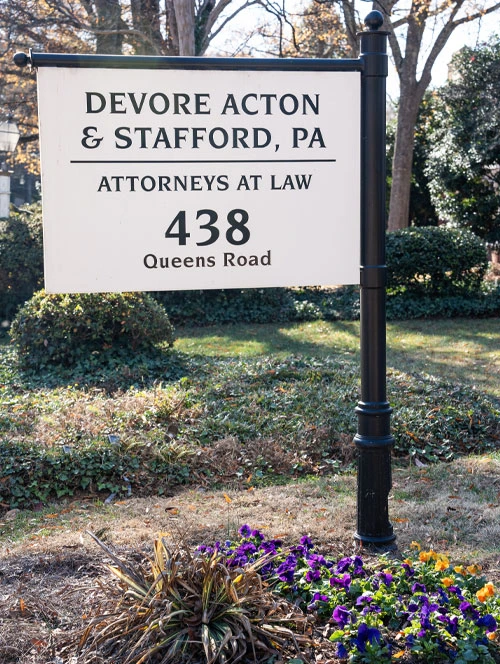Dozens Food Poisoning Cases North Carolina County Fair
When Food Poisoning Runs Rampant
Recent events involving widespread E. coli, listeria and salmonella poisoning, as well as pharmaceutical steroids tainted with fungal meningitis, serve as a troubling reminder of the hazards we all face from food and drugs on a daily basis. Businesses and institutions that are entrusted with providing safe and sanitary food and medicines to others are rightfully subject to product liability or premises liability claims when their products or unsanitary conditions cause illness or wrongful death.
More than 100 attendees at the Cleveland County Fair fell ill in October after an E. coli outbreak possibly related to contaminated food. According to the N.C. Department of Health and Human Services (DHHS), a dozen of those who were affected by the outbreak required hospitalization, and a two-year-old boy from Bessemer City died from the effects of the harmful bacteria. This public health tragedy brought to mind a similar outbreak due to animal contact at last year’s North Carolina State Fair in Raleigh, which affected 27 people who had been in a livestock building on the fairgrounds.
Public health officials noted that it could take another month to pinpoint the precise cause of the outbreak, and investigators are interviewing infected individuals from Mecklenburg County, Gaston County, Union County, Cleveland County and elsewhere. One challenge is the lengthy incubation period of E. coli, which means that affected individuals may not suffer symptoms of diarrhea, nausea or dehydration for up to ten days after they were exposed.
The state health director expressed caution about the possibility of secondary infections, noting that person-to-person transmission of E. coli is preventable by washing hands and disinfecting kitchen surfaces. E. coli infections, which can also be caused by undercooked ground beef, unpasteurized juice or milk, and lettuce or spinach, lead to more than a quarter of a million illnesses in the U.S. every year, as well as an average of 100 deaths.
North Carolina DHHS Confirms Local Death From Fungal Meningitis Outbreak
Another recent outbreak with medical malpractice implications has led to nearly 300 cases of fungal meningitis nationwide. The outbreak is limited to patients who received steroid injections of methylprednisolone acetate that came from New England Compounding Center (NECC), a Massachusetts compounding pharmacy.
The outbreak has led to nearly two dozen deaths across the U.S., including a North Carolina resident who succumbed to complications from meningitis in late October. Fortunately, the form of meningitis involved in the outbreak is not contagious, but public health commentators have expressed ongoing concerns due to the lack of federal regulation or licensing standards for compounding pharmacies.
In any situation where an illness or death results because precautions were not taken to protect the public or accepted standards of care were disregarded, a personal injury attorney can explain a client’s options for seeking accountability. For instance, food provided by vendors and restaurants comes with a warranty of merchantability, meaning that is safe to consume, and breaches of that warranty create legal liability.
By obtaining a damages award for a severe illness or wrongful death caused by negligence, defective drug or food poisoning plaintiffs assert legal rights that broaden protections for all citizens.

request your consultation
"*" indicates required fields


